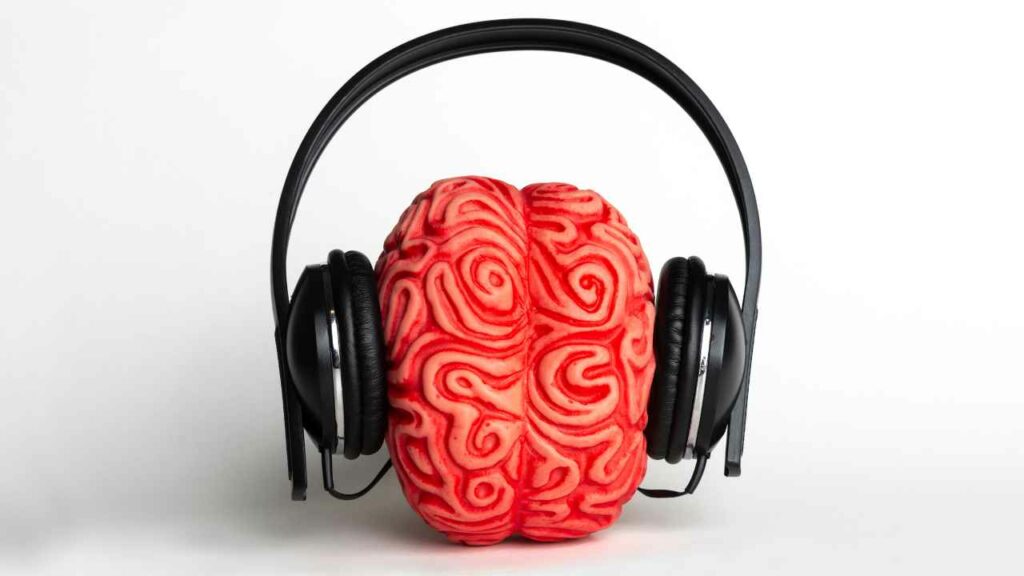Ever had a song transport you back in time, evoke a long-forgotten memory, or just make you want to dance like nobody’s watching? Music has this magical ability to stir our deepest emotions, making us feel everything from joy to sorrow, often within the span of a single melody. Let’s tune into the emotional gymnastics of music and discover why songs have such a powerful impact on our feelings.
The Universal Language of Emotion

Music is often called the universal language, and for good reason. It doesn’t matter where you’re from or what language you speak; a beautiful melody or a heart-wrenching chord can evoke similar feelings in people across the globe. It’s like music has its own emotional vocabulary, speaking directly to our hearts and souls.
The Brain’s Playlist

When we listen to music, our brains light up like a Christmas tree. Different parts of the brain process rhythm, melody, and lyrics, but it’s the limbic system—our emotional center—that really gets the party started. Music can trigger the release of dopamine, the feel-good chemical, which is why your favorite tunes can lift your mood or give you chills.
The Soundtrack of Our Lives

Music is intertwined with our personal stories. Certain songs can serve as milestones, marking important moments in our lives. That’s why hearing a specific track can take you back to your first love, a memorable summer, or a bittersweet goodbye. It’s as if music holds the key to a treasure chest of memories, each note a reminder of times gone by.
The Rhythm of Connection
Music also has the power to connect us to others. Whether it’s a concert where everyone’s singing along or a shared playlist among friends, music creates a sense of community and belonging. It’s a way to express our shared human experience, transcending words and touching our souls in a way that nothing else can.
The Therapeutic Chords

Beyond its emotional appeal, music has therapeutic benefits. Music therapy is used to help manage stress, enhance cognitive function, and improve emotional well-being. Whether it’s the calming effect of classical music or the uplifting vibes of a pop anthem, music has a profound ability to heal and soothe our minds.
Tuning Into Our Emotions
Music invites us to tune into our emotions, to feel deeply and freely. It encourages us to dance out our joy, cry out our sorrow, and sing out our love. In a world that often demands we keep our emotions in check, music offers a safe space to let go and be moved.
The Infinite Playlist
The emotional gymnastics of music remind us of the richness of our inner lives. Each song, each melody, each beat is an invitation to explore the depths of our emotions and the connections we share with others. So, the next time you press play, let yourself be carried away by the music, and remember the incredible power it has to move us, to connect us, and to heal us.








